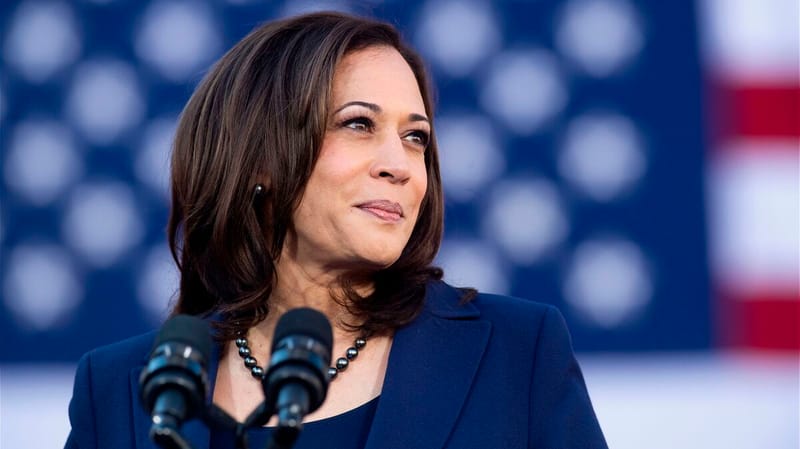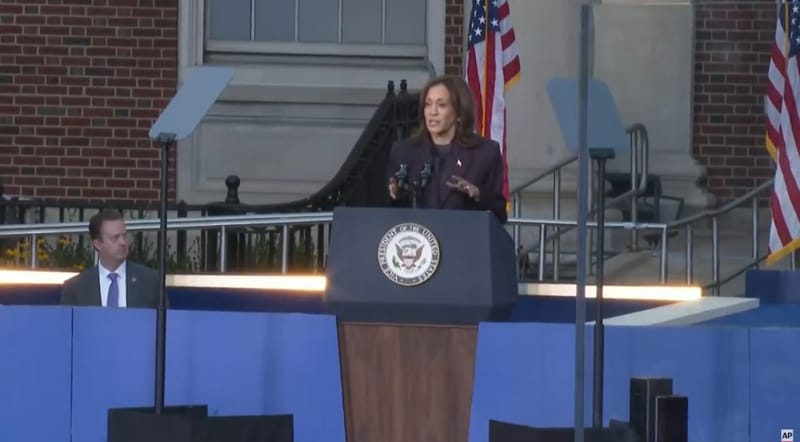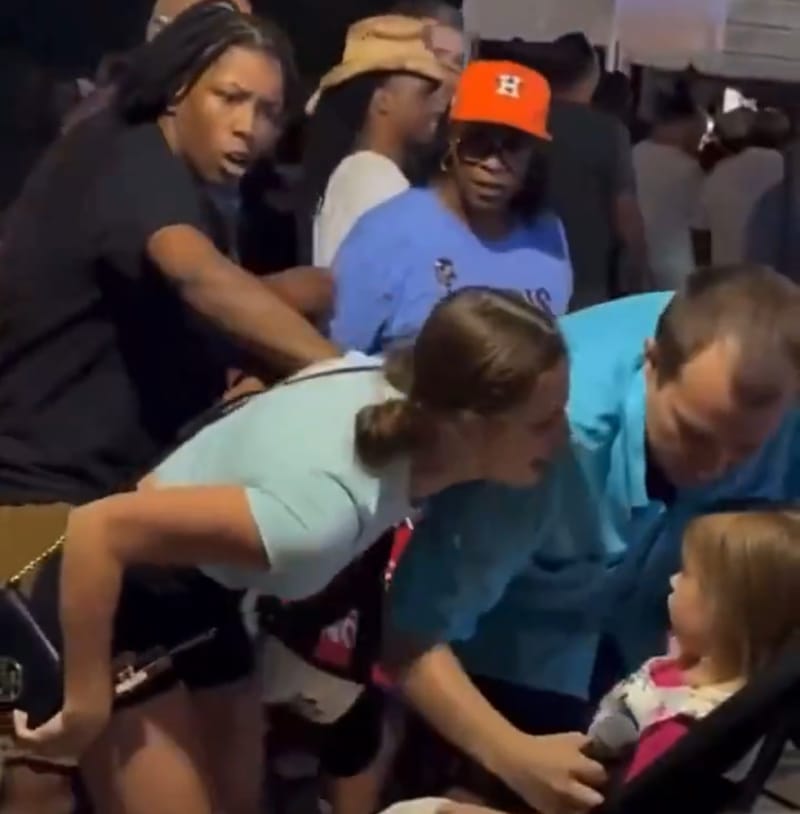Thousands of Black Women on X Reject Kamala Harris: The Hashtag #KamalaHarrisIsNotBlack Goes Viral
In a surprising turn of events leading up to the 2024 U.S. presidential election, thousands of self-identified Black American women have taken to the social media platform X, formerly known as Twitter, to express their discontent and refusal to vote for Vice President Kamala Harris. The hashtag #KamalaHarrisIsNotBlack has
In a surprising turn of events leading up to the 2024 U.S. presidential election, thousands of self-identified Black American women have taken to the social media platform X, formerly known as Twitter, to express their discontent and refusal to vote for Vice President Kamala Harris. The hashtag #KamalaHarrisIsNotBlack has been trending, highlighting a significant shift in voter sentiment among a demographic that has historically been a cornerstone of Democratic support.
The women behind this movement argue that Harris, despite her racial and ethnic background, does not adequately represent the interests and experiences of Black Americans. They point to her controversial tenure as a prosecutor in California, where she oversaw policies that disproportionately affected Black and minority communities. Critics have specifically cited her role in the incarceration of numerous Black men, some of whom were kept in jail beyond their release dates to perform jail labor.
I am a TRUE Black American woman and I will not be voting for Kamala Harris #Trump2024 #MAGA 🇺🇸 pic.twitter.com/kS5aGPtvsU
— 𝐍𝐢𝐜𝐡𝐞𝐥𝐥𝐞 (@npeeksxo) July 23, 2024
This online campaign has been marked by personal testimonies and reflections on what it means to be a "Foundational Black American." Many participants in the movement argue that Harris, whose heritage includes Jamaican and Indian roots, does not share the same historical and cultural experiences as Black Americans descended from slaves. This distinction, they believe, is crucial in understanding the challenges and injustices faced by Black Americans today.
I’m a TRUE Foundational Black American 🇺🇸 Woman, and I will NOT be voting for @KamalaHarris #KamalaHarrisIsNotBlack #KamalaIsNotBlack stop the 🧢 for votes #FBA #B1 ✊🏽 I’m Black and I’m Proud 🥹 Say it Loud ✊🏽 No Reparations No Vote 🗳️ pic.twitter.com/Sn9xgH8vRZ
— SWEETS 1ST LADY OF RAP CITY ATL ⚪ (@Sweets_Amber) July 23, 2024
The hashtag #BlackAmerican has also been used by these women to assert their identity and to highlight their unique concerns and priorities. They argue that their support cannot be taken for granted and that they will not vote for a candidate solely based on shared racial identity.
I am a born and bred indigenous Black American woman. I am the Descendant of Black American Chattel Slaves, and I will NOT be voting for @KamalaHarris due to her stance on #Reparations for #ADOS and her diabolical treatment of #BlackMen in the California prison system…. #ENOUGH… pic.twitter.com/ahqoPl3lhM
— HarrietEve9 (@HarrietEve9) July 23, 2024
Political analysts are closely watching this development, as it could have significant implications for the 2024 election. Black women voters have been a critical voting bloc for the Democratic Party, and their lack of support for Harris could affect the party's chances of retaining the White House.
In response to these criticisms, Harris's supporters argue that her role as a prosecutor was to uphold the law and that her decisions were based on the evidence and circumstances of each case. They also point to her work as Vice President and her efforts to address racial disparities in various sectors, including criminal justice and healthcare.
As the election draws nearer, it remains to be seen whether this online movement will translate into a significant shift in voting patterns among Black American women. However, it is clear that the conversation around Harris's identity and her record as a prosecutor has sparked a broader debate about representation and the role of race in American politics.
I’m a Black American woman with 8 Black American great-grandparents and I would NEVER vote for Kamala Harris for potus. https://t.co/VXtygjItcU pic.twitter.com/ov4uW6lyxp
— WhyTheyDoMeLikeThat (@PhoneYourFrien1) July 23, 2024
I am a TRUE Black American woman and I would NEVER vote @KamalaHarris for president. pic.twitter.com/R1tFbsUutn
— LuvIAM 🇺🇸 (@LuvIAM91) July 22, 2024




